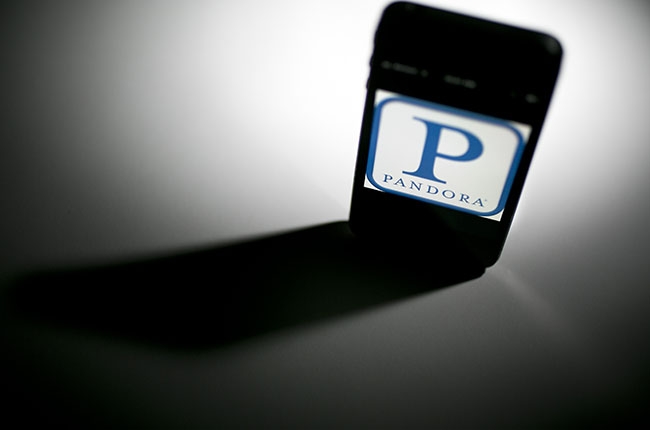ASCAP’s objection to the acquisition of a terrestrial radio station by Pandora was finally put to rest by the FCC yesterday. The agency rejected the performance rights organization’s request for reconsideration of its original ruling on several grounds, making it official that Pandora can own and operate KXMZ, an FM station that operates out of Box Elder, South Dakota.
The FCC upheld its rejection of ASCAP’s standing to even question the acquisition; the PRO explained that it stood to be damaged by the proposed acquisition because Pandora would use the station as a way to litigate for a lower royalty rate under agreements the PRO has with the Radio Music License Committee, and that would then result in publishers exiting the PRO en masse, which would then in turn cause terminal disruption to the current music licensing system. However, the FCC found that ASCAP’s argument for standing was:
… based on the assumption that at least three separate third parties will act in the way ASCAP predicts, specifically, that: (1) Pandora will decide to “use KXMZ to claim entitlement” to the licensing rate applicable to broadcasters; (2) a court will hold in Pandora’s favor; and (3) ASCAP’s members will decide to withdraw from ASCAP as a result of Pandora’s receiving the favorable broadcast royalty rate.
Which the FCC writes is a “vague” chain of causation. As well, the agency rejected ASCAP’s claim that Pandora would not act in the public interest; its rules only require Pandora to serve broadcasts to the Box Elder, South Dakota community, and not violate any laws governing terrestrial radio.
ASCAP’s original argument against Pandora’s foray into broadcast radio was that the company was afoul of foreign ownership rules, an archaic provision originally intended to prevent foreign actors from disseminating propaganda to the American public and to keep mass communication under American control in case of an emergency. The FCC found no threat of damage to the public interest in Pandora exceeding a 25 percent ownership structure. As FCC head Tom Wheeler put it earlier this year: “To require publicly-traded U.S. companies to identify and supply to the FCC the precise details of their shareholder make-up, which can change on a daily or hourly basis, does not comport with the highly dynamic electronic and international nature of capital markets.”
Currently, Pandora pays ASCAP 1.85 percent of its revenue, while RMLC member stations pay 1.7 percent, per an agreement reached in 2012 between ASCAP and the RMLC. That agreement also allows those member stations to operate a digital stream, under the same rate. iHeartMedia, parent company of Pandora’s biggest competitor iHeartRadio, currently operates under the RMLC rate due to the company’s significant terrestrial radio presence.
When reached for comment, ASCAP said it had not yet formulated an official response to the news. Pandora did not immediately respond to a request for comment.


